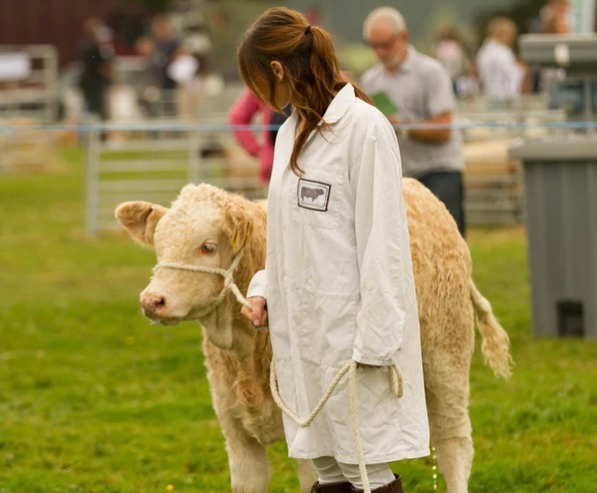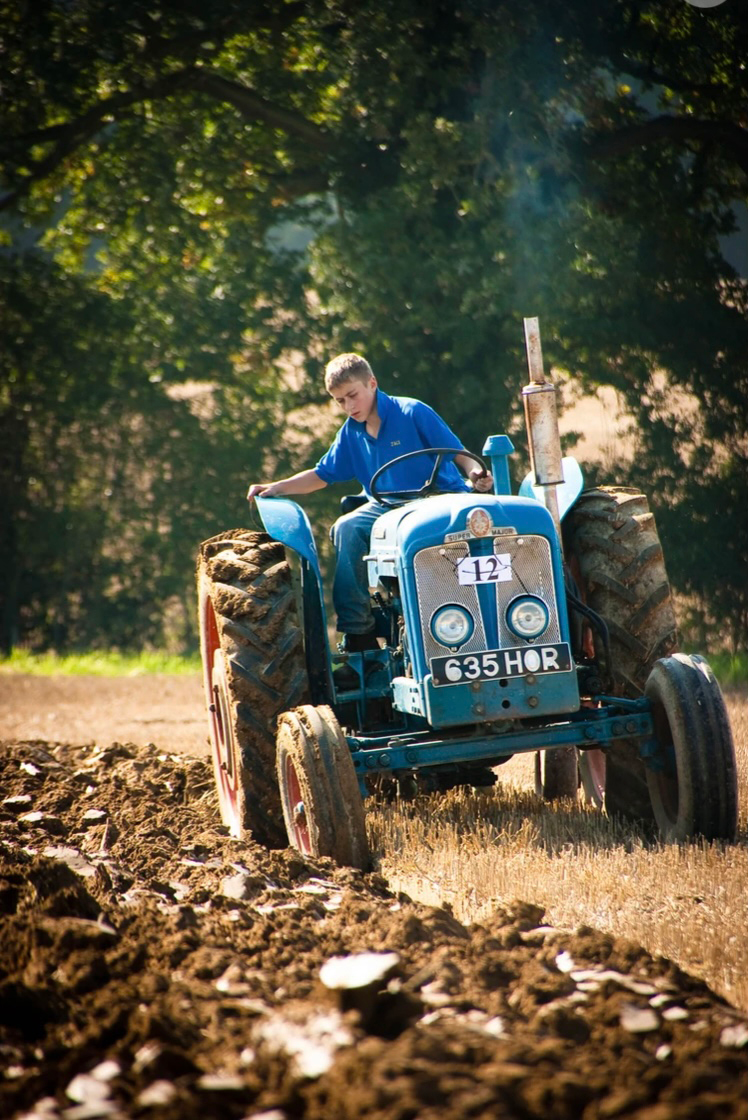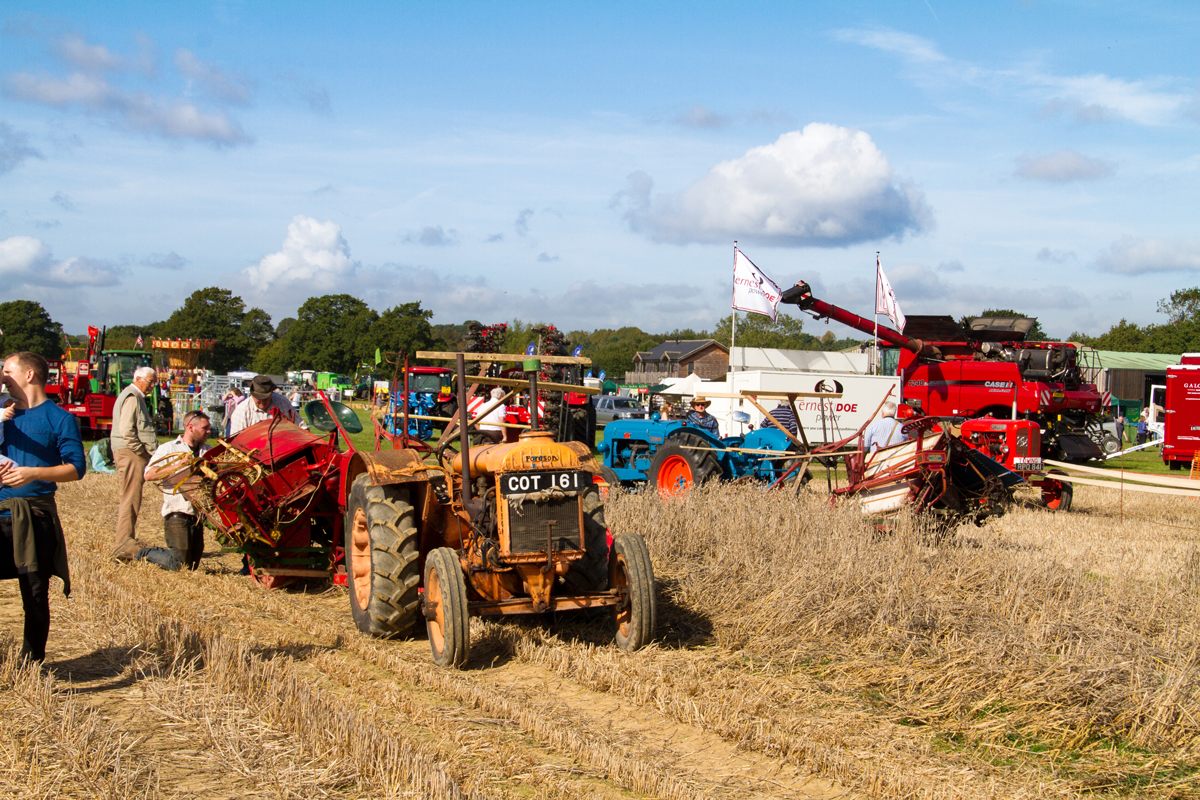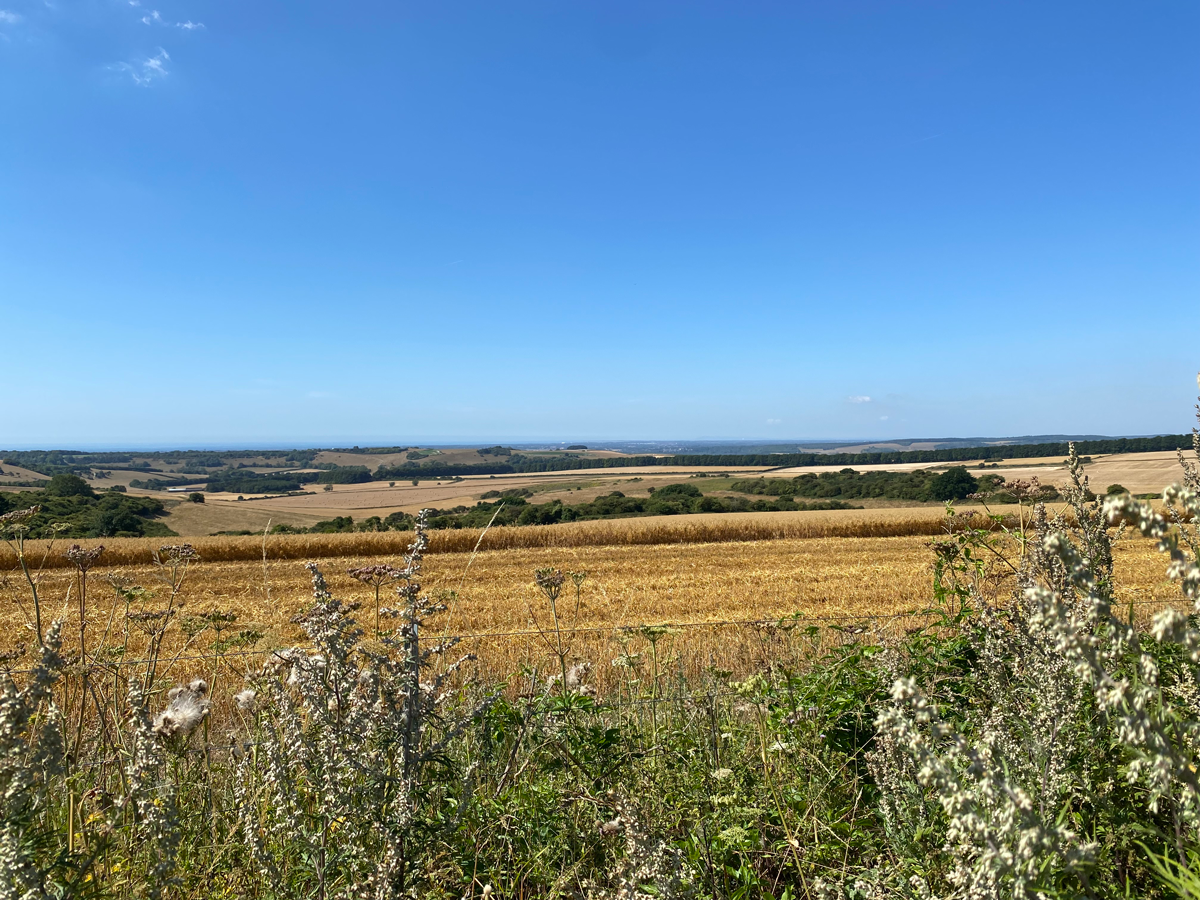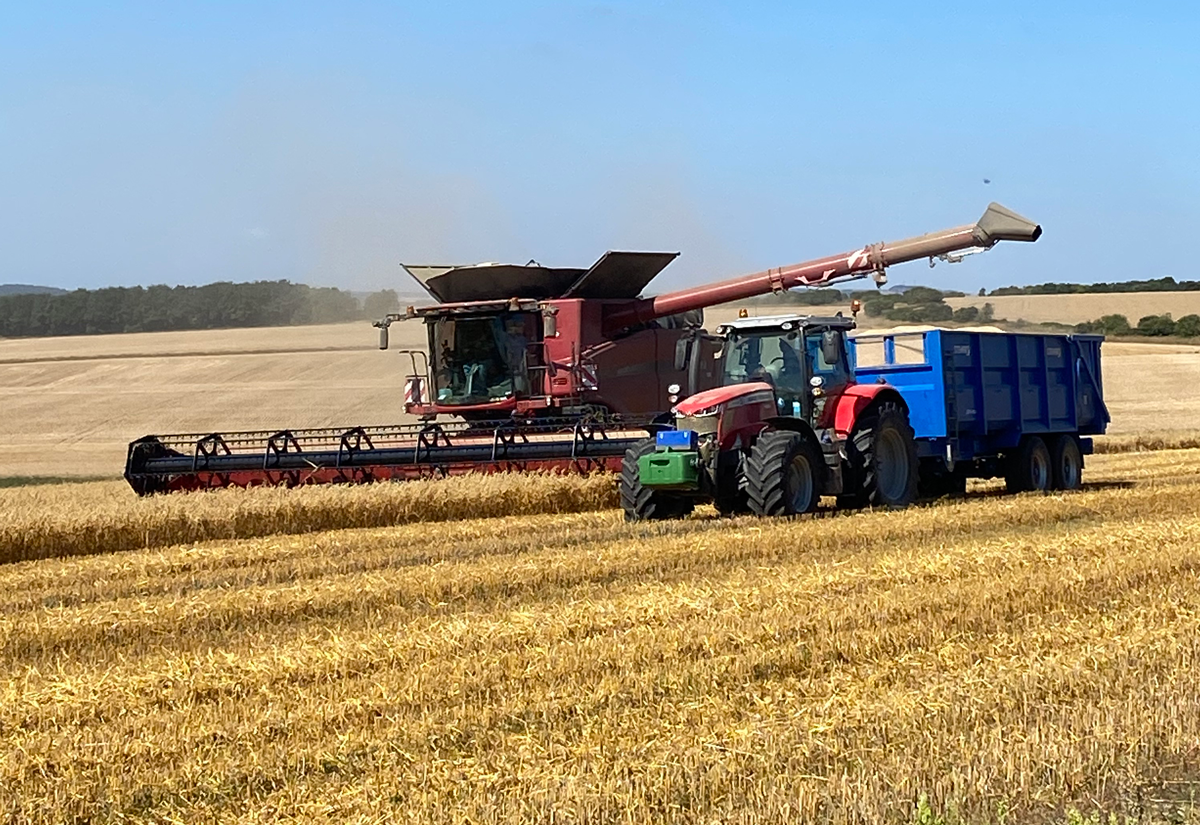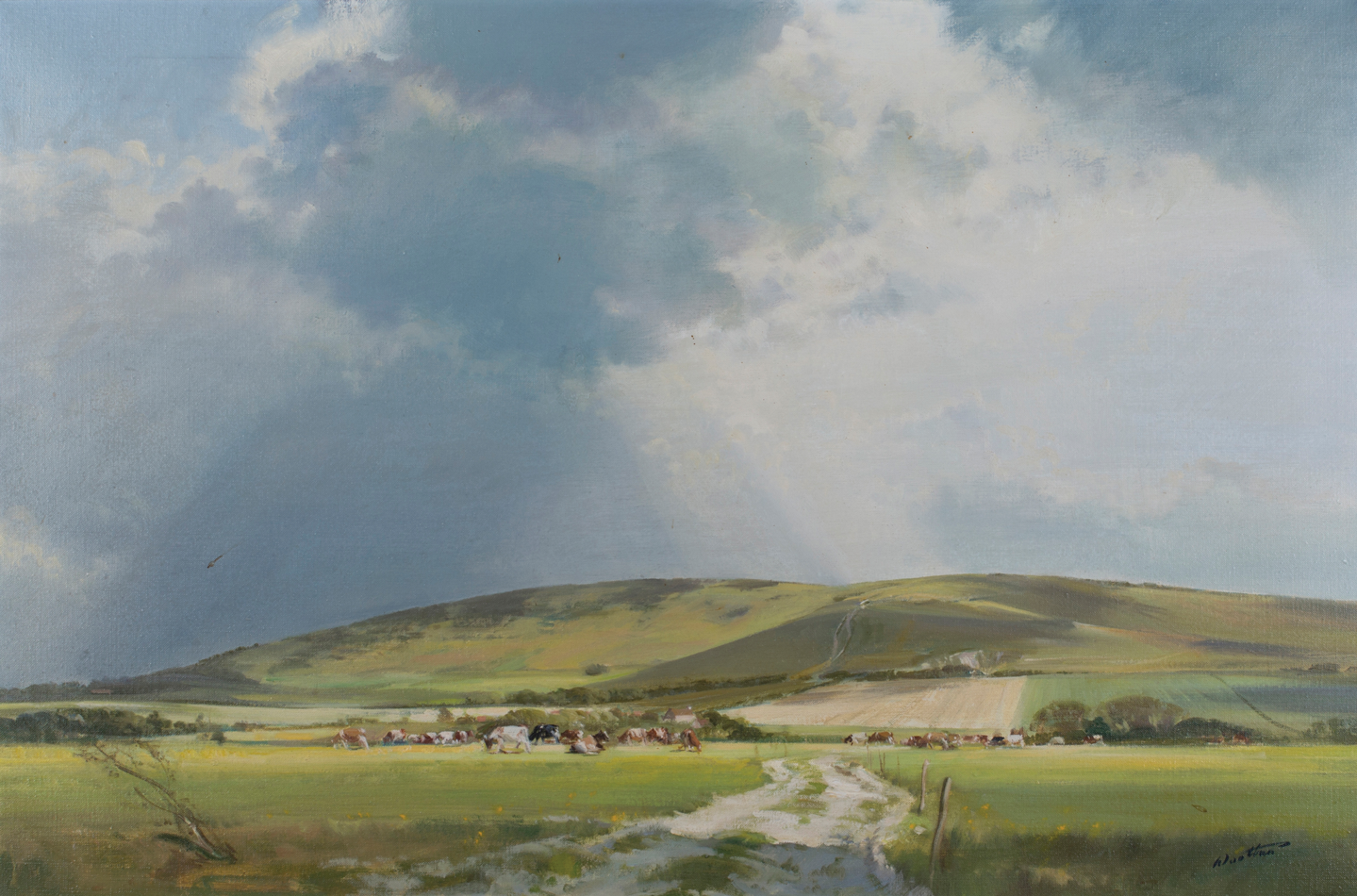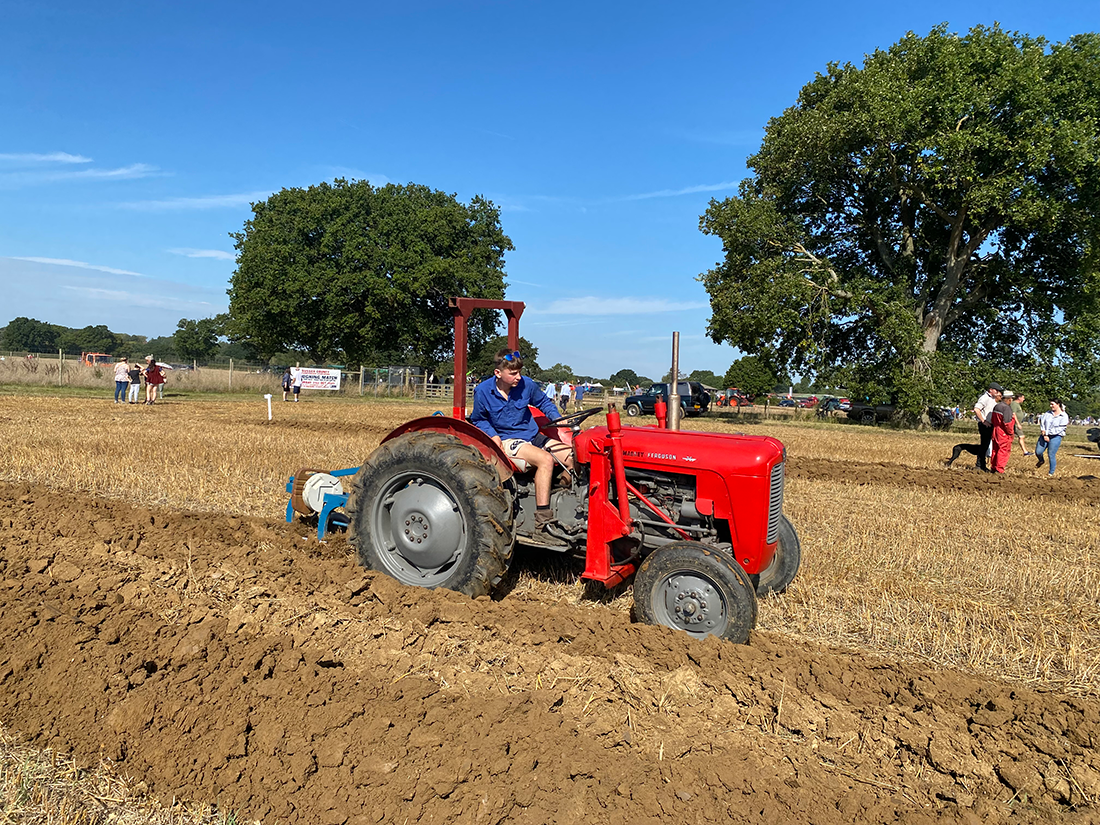
I caught up with Chets Modi, the Managing Partner of the Horsham, Henfield and Chichester offices of NFU Mutual at the 2023 West Grinstead Plough Match and Agricultural Society ploughing match.
Chets explained “For more than a century NFU Mutual has provided insurance to farmers, their businesses and families, and today that quality of service is available for people from all walks of life. We are a mutual owned by our customers with no shareholders which allows us to provide a very personal service with a long term view in all that we do. Our customers are members.
“The value of community was instilled in me as I grew up and I love that, through my job, I live amongst our brilliant farming community. Through our offices we bring this community together with social events and gatherings – farmers often work on their own so meeting with friends and neighbours is important and we see that as an integral part of our role. Farming sits at the heart of our business.
“I help on the committee of the West Grinstead Plough Match. It provides a great opportunity for the public to see what farming is really about.
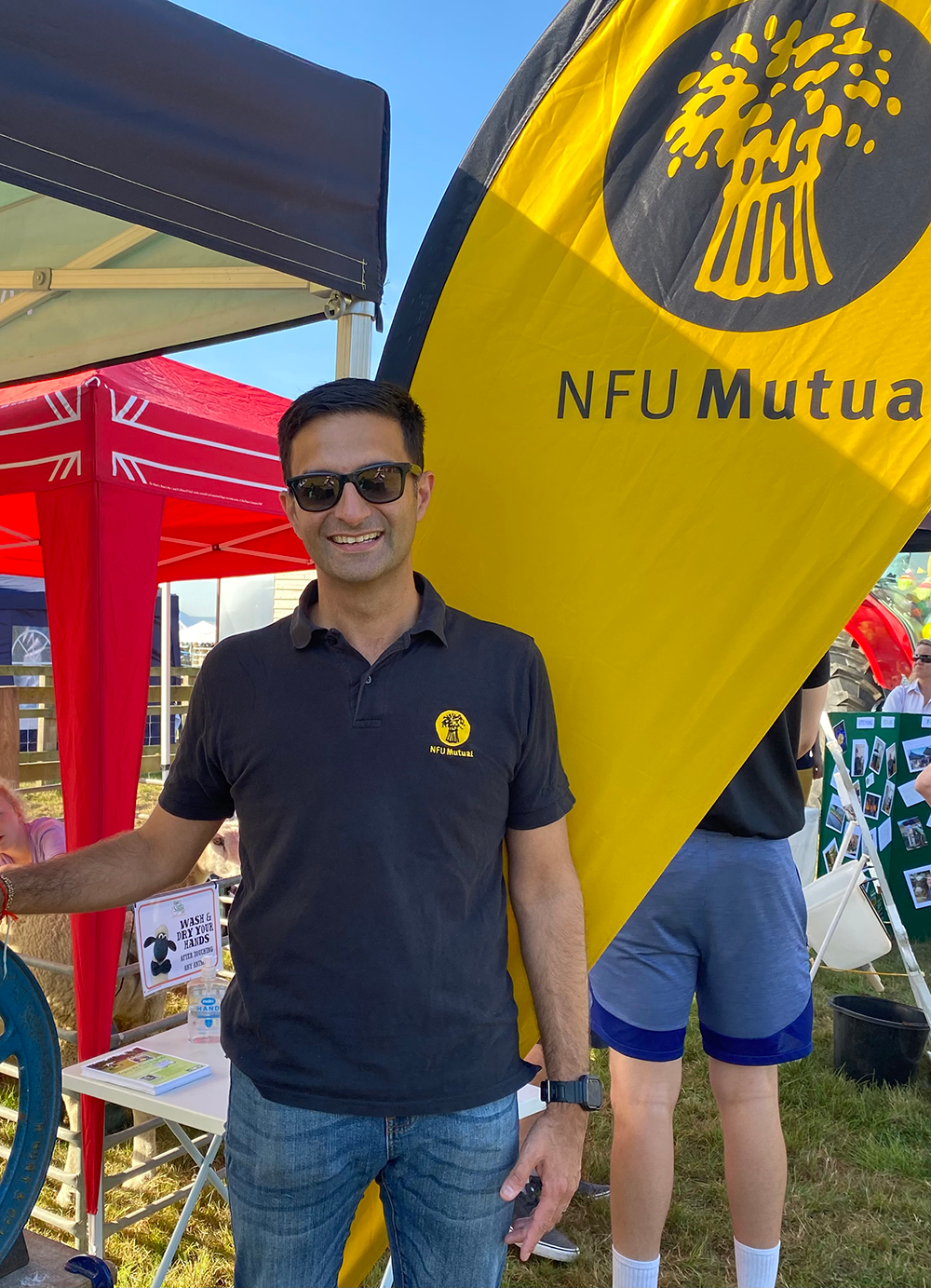
“I’m an ambassador not just of the NFU but also of the farming community. We help to bring farmers into schools, sometimes they bring tractors, sometimes the children visit the farms. It is important that our young people know where their food comes from. As a parent I want my children to value where their food comes from and good stewardship. There’s a lot to celebrate in the diversity of approaches to farming in this part of the world.”
I commented on the significant changes in the values of art, antiques and collectors’ items in recent years and how at Toovey’s we always impress on our clients the importance of making sure that their valuations are up to date to ensure they pay the correct premiums and to be able to plan for the future. Chets replied “I agree, especially for the type of high value homes and collections we insure under our Bespoke Home Insurance policies.”
I walked out into the fields and discovered Harry O’Neill of Whitebridge Farm, Wineham, ploughing with his 1963 Massey Ferguson, proudly watched by his Dad and Grandpa. I learnt that this was only Harry’s second season competing in the West Grinstead Plough Match. He was doing a fine job. It’s exciting to see a passion for farming seeded in a younger generation.
